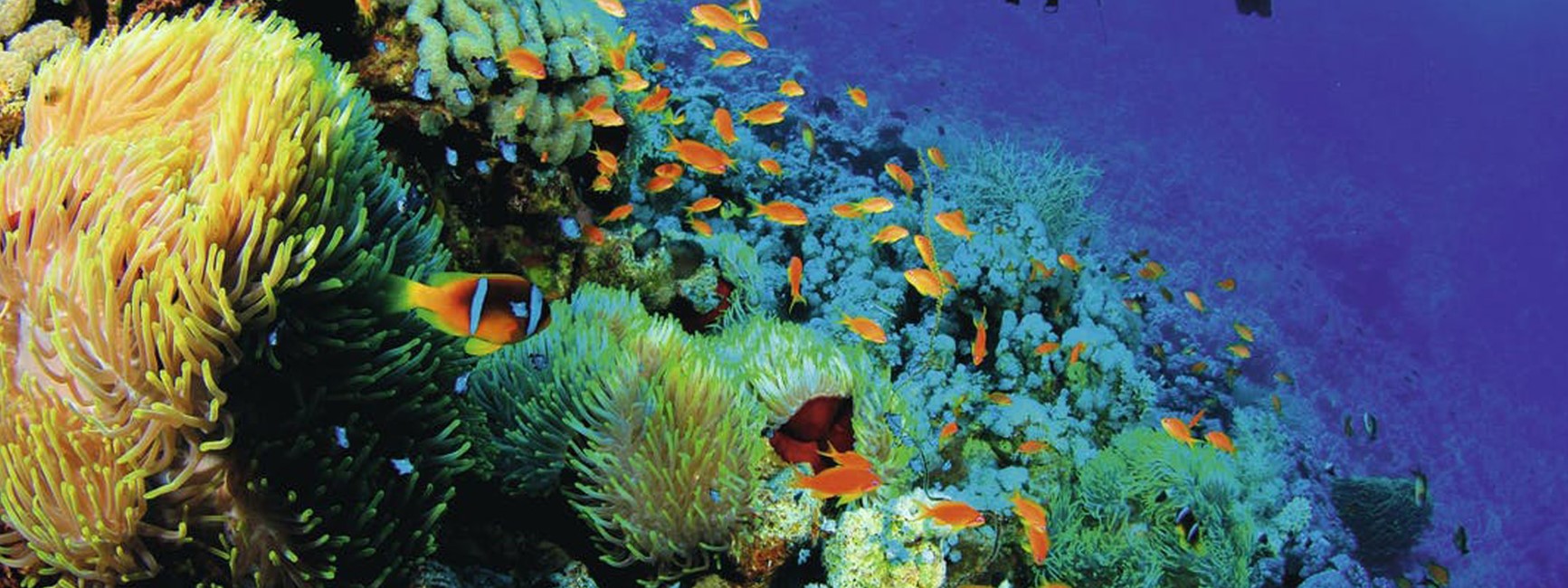


Port Said
Port Said
Port Said is a port city in north-eastern Egypt at the mouth of the Suez Canal in the Mediterranean Sea. It has a population of over 600,000 inhabitants
The basis of the economy of Port Said is fishing and the chemical, food and tobacco industries. In addition to being a supply station for ships crossing the canal, it is from Port Said that a good part of Egyptian production is exported, such as cotton and rice. But Port Said is also a free zone and a summer resort for many Egyptians.
There are many old houses with large balconies on each floor. On the eastern bank of the canal is Port-Fouad, accessible by free ferry. Forty kilometers south, the El Qantara bridge allows crossing from one bank to the other.
the city founded in 1859 by Saïd Pasha, developed around a port created to accommodate equipment from Europe for the digging of the canal, then later, to house ships transiting through it .
Rudyard Kipling said: “If you really want to find someone you have known and who is traveling, there are two places on the globe where you just have to sit and wait; sooner or later your man will come there: the docks of London and Port Said. "
During the Six Day War in 1967, the city of Port Said was the target of Israeli bombing and will be partially destroyed. The occupation of the Sinai bank of the canal by the IDF caused its closure, severely damaging the economic activity of the city which then had 240,000 inhabitants. The war of attrition between Egyptians and Israelis, until 1970, prompted the almost total evacuation of the population.
In 1926, the apostolic vicariate of the Suez Canal was created, with its headquarters in Port Said. From 1932 to 1934, Ange-Marie Hiral built the French cathedral in Port-Saïd.
It was not until the Yom Kippur War and the evacuation of the eastern bank of the canal by the troops of the Hebrew State, to allow its reopening in 1975 and the resumption of economic activity in Port Said, which will be rebuilt or restored at the instigation of President Sadat.
Port Said is a port city in north-eastern Egypt at the mouth of the Suez Canal in the Mediterranean Sea. It has a population of over 600,000 inhabitants
The basis of the economy of Port Said is fishing and the chemical, food and tobacco industries. In addition to being a supply station for ships crossing the canal, it is from Port Said that a good part of Egyptian production is exported, such as cotton and rice. But Port Said is also a free zone and a summer resort for many Egyptians.
There are many old houses with large balconies on each floor. On the eastern bank of the canal is Port-Fouad, accessible by free ferry. Forty kilometers south, the El Qantara bridge allows crossing from one bank to the other.
the city founded in 1859 by Saïd Pasha, developed around a port created to accommodate equipment from Europe for the digging of the canal, then later, to house ships transiting through it .
Rudyard Kipling said: “If you really want to find someone you have known and who is traveling, there are two places on the globe where you just have to sit and wait; sooner or later your man will come there: the docks of London and Port Said. "
During the Six Day War in 1967, the city of Port Said was the target of Israeli bombing and will be partially destroyed. The occupation of the Sinai bank of the canal by the IDF caused its closure, severely damaging the economic activity of the city which then had 240,000 inhabitants. The war of attrition between Egyptians and Israelis, until 1970, prompted the almost total evacuation of the population.
In 1926, the apostolic vicariate of the Suez Canal was created, with its headquarters in Port Said. From 1932 to 1934, Ange-Marie Hiral built the French cathedral in Port-Saïd.
It was not until the Yom Kippur War and the evacuation of the eastern bank of the canal by the troops of the Hebrew State, to allow its reopening in 1975 and the resumption of economic activity in Port Said, which will be rebuilt or restored at the instigation of President Sadat.